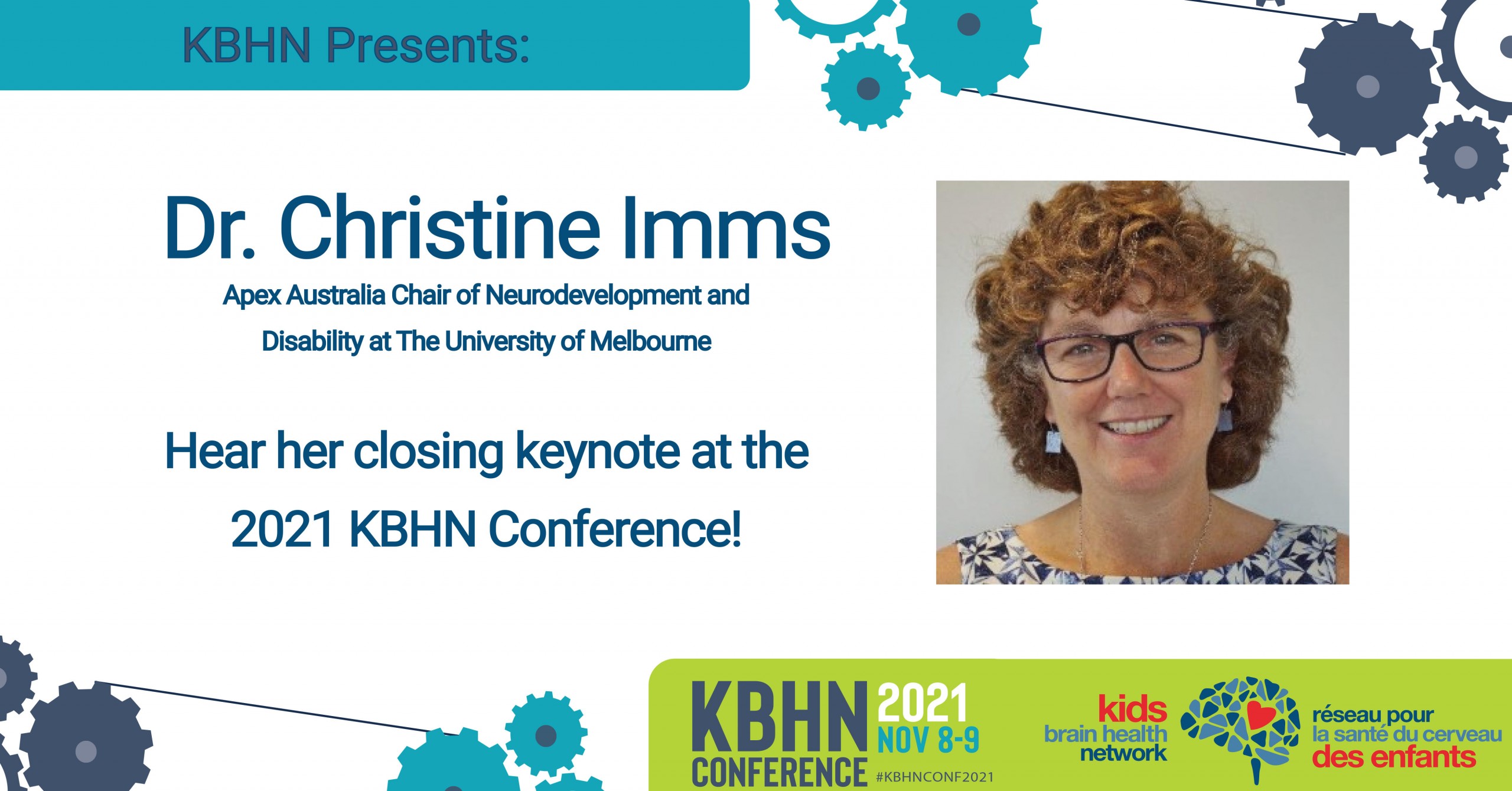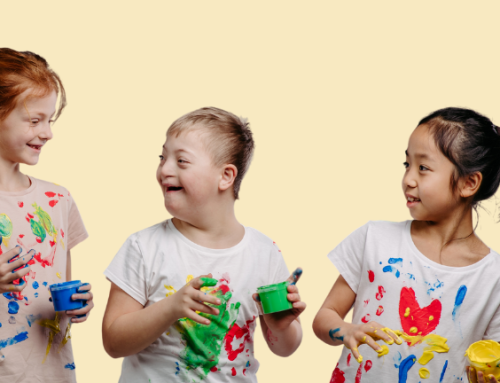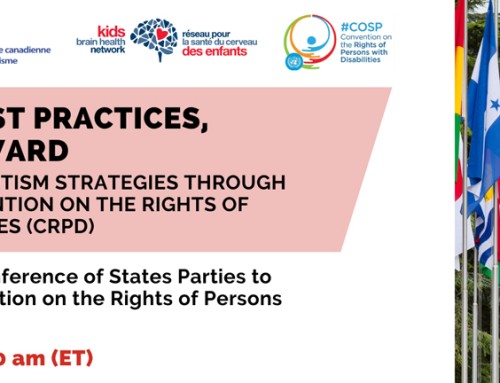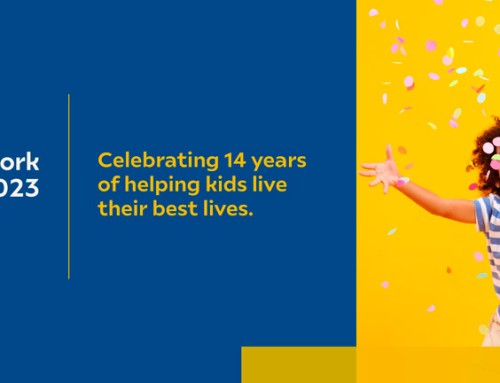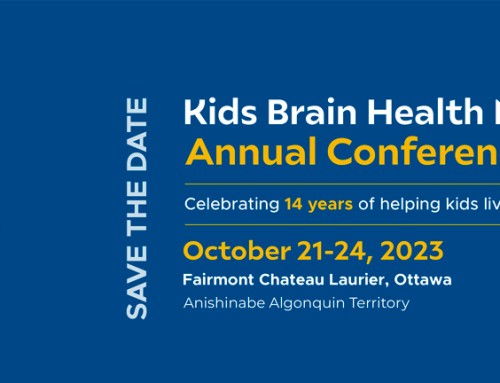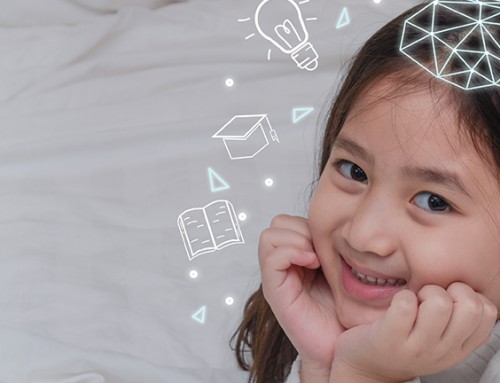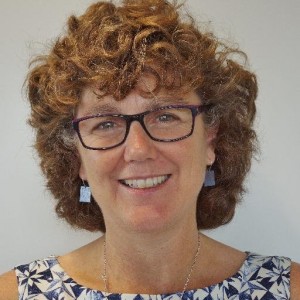 Dr. Christine Imms is a leader in research that focuses on children and adolescents with neurodevelopmental disabilities, predominantly in the field of paediatric cerebral palsy. We’re honoured to feature her as the closing speaker at the 2021 Kids Brain Health Network (KBHN) conference, taking place on Nov. 8-9, 2021.
Dr. Christine Imms is a leader in research that focuses on children and adolescents with neurodevelopmental disabilities, predominantly in the field of paediatric cerebral palsy. We’re honoured to feature her as the closing speaker at the 2021 Kids Brain Health Network (KBHN) conference, taking place on Nov. 8-9, 2021.
We spoke to Dr. Imms to learn more about her research and what she’s looking forward to about the upcoming conference.
What do you plan to discuss at the 2021 Kids Brain Health Network conference?
There are two threads I want to bring together in this talk. The first thread I want to draw through my presentation is that participation is a human right. It’s not just about being able to turn up in a situation—it is about being able to turn up in a situation and when you are there, being involved in the ways that you want to.
The second [thread] is that research is a life situation, and I think it’s a life situation that all people would like to have a right to be involved in. I want to bring together those two threads of involvement in research as a participatory experience for family members, parents, and young people, while also discussing some experiences I’ve had over the last several years of co-researching with young adults and adolescents with cerebral palsy in particular, as well as parents of children with a range of different disabilities. I want us to think about it from a participatory perspective which will help us frame how we take those first steps into collaborating and research.
How does your research align with the Kids Brain Health Network mission?
I think about the focus KBHN has on putting into place evidence-based interventions in many cities, not just in the easy places where there are lots of people or lots of staff. How do we translate this across complex countries? For example, Australia is not dissimilar to Canada in terms of a dispersed population within a big landmass, so the question becomes how do we translate what we know across multiple settings where there are varying amounts of resources? I think the principles of collaboration and participation are relevant regardless of where you are because they are actually about how you do things more than what you do.
What do you hope people take away from your talk?
My key message is that participation is a human right, and we need to think about participation across all life situations, not just ones that readily come to mind. Being at home, at school, or in the community are the three settings people commonly think of, but we must start to think more broadly so people are exposed to multiple life situations. I also think we just need to try. Often the first step in doing something new is the hardest and that can stop us from doing it, but we need to push past that uncertainty if we want to make any real progress.
Register now for the 2021 KBHN Conference, taking place virtually on Nov. 8 & 9. Learn more on the Official Conference Website.


